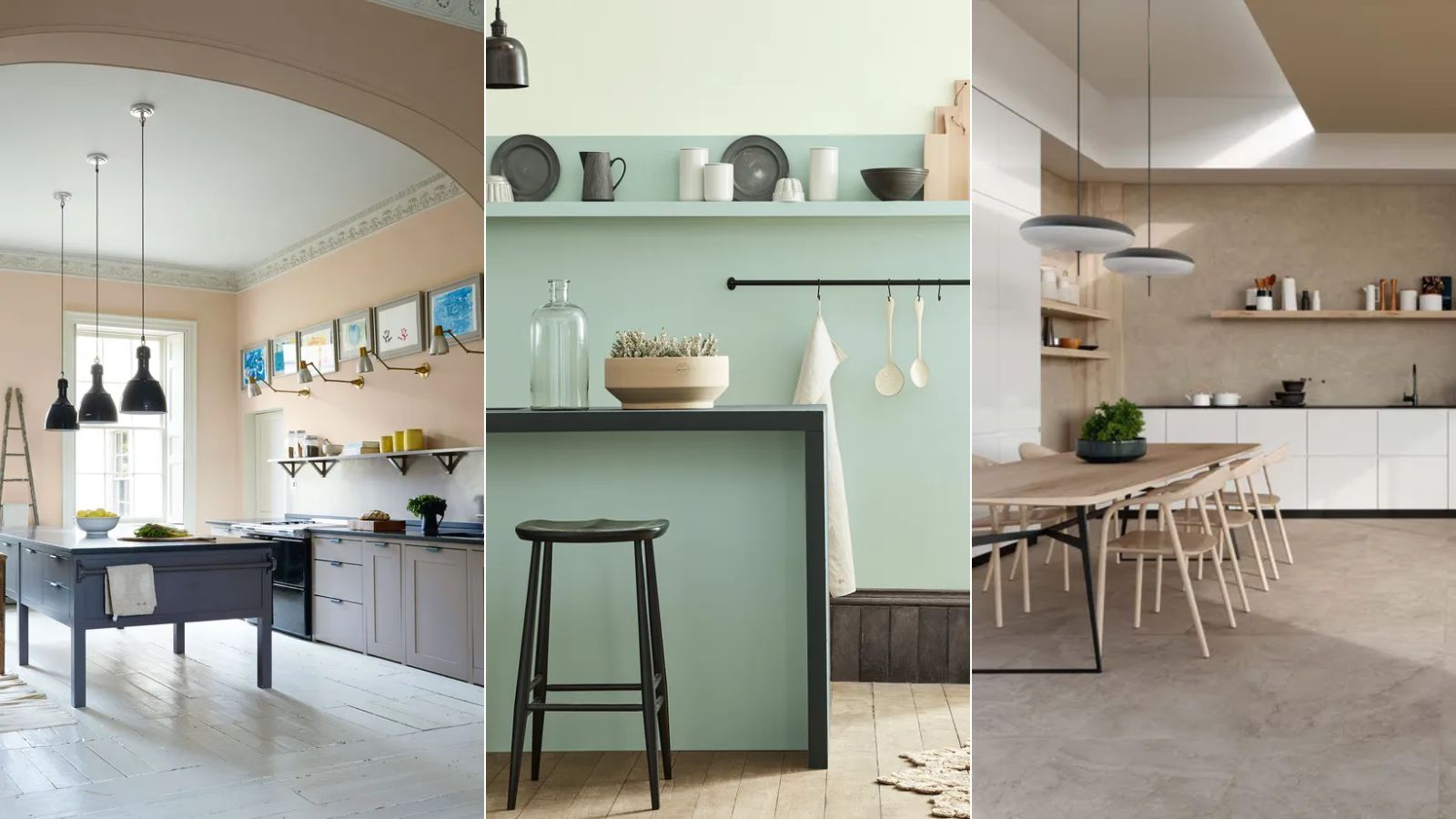
A kitchen renovation is a significant investment in terms of both time and resources, so getting it right from the start with detailed planning is essential.
If you are wondering how to plan a kitchen remodel or renovation, consider these key foundational steps before you begin. Properly considering and planning these practicalities will lay the groundwork for a successful and stress-free project.
The ROI of a kitchen remodel not only ensures your space is more efficient and aesthetically pleasing but it also increases your property's value. However, before reaping the benefits, you must adhere to these kitchen renovation rules. Our experts have outlined the six practicalities you must prioritize and plan from the offset.
Practicalities to consider when renovating a kitchen
'When it comes to designing your kitchen, it is always best to use the services of a kitchen designer as they will have a wealth of experience in making sure your kitchen functions as you need it to and looks how you’d like it to,' advises Richard Davonport, Managing Director at Davonport. 'However, it's essential for you to be involved in the planning, and while they are there to advise and present their kitchen ideas to you, the fundamental decisions are yours to make.'
1. Budget and ROI
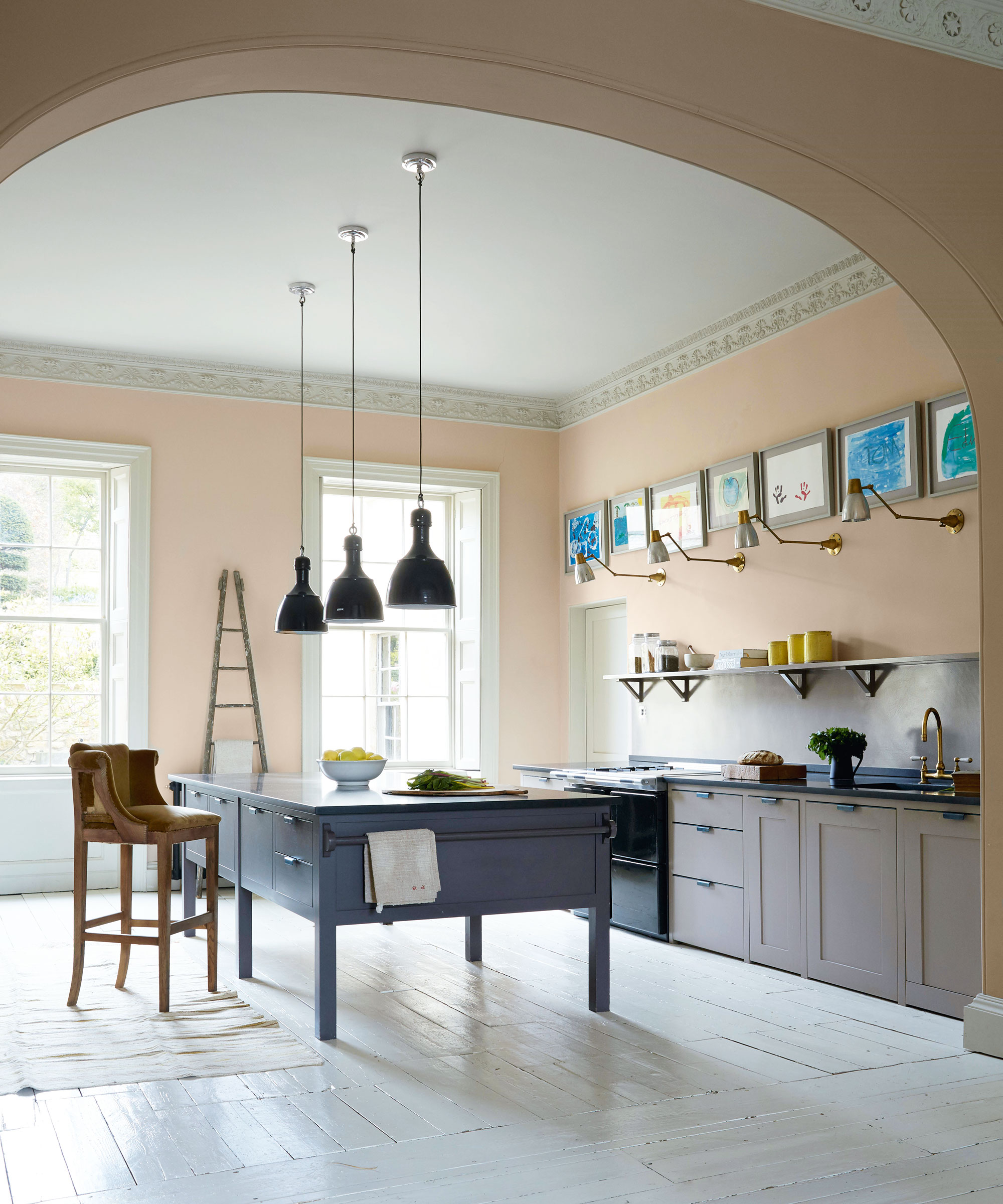
To avoid unexpected costs, it's crucial to consider how much a kitchen remodel costs and meticulously plan your budget from the outset.
Setting a realistic budget that accounts for the following:
- Materials
- Labor / Decorating
- Electrical work
- Lighting
- Appliances
- Flooring
- Plumbing
- Fittings / Accessories
Add a contingency of 10-20% of your budget for any hidden costs, especially for older homes where issues like outdated wiring or plumbing can surface once the work begins.
'Take into account your home's resale value according to your neighborhood's price range,' advises James Heartquist, real estate buyer and owner of We Buy Houses Arizona. 'This will help you allocate a budget for kitchen features that add value to your home and avoid overspending on unnecessary features that won't.'
Once you have set a budget, you can strategically allocate funds to balance essential vs luxury features. This approach enables you to prioritize upgrades and installation based on your budget constraints and potential ROI.
2. Consider time frames
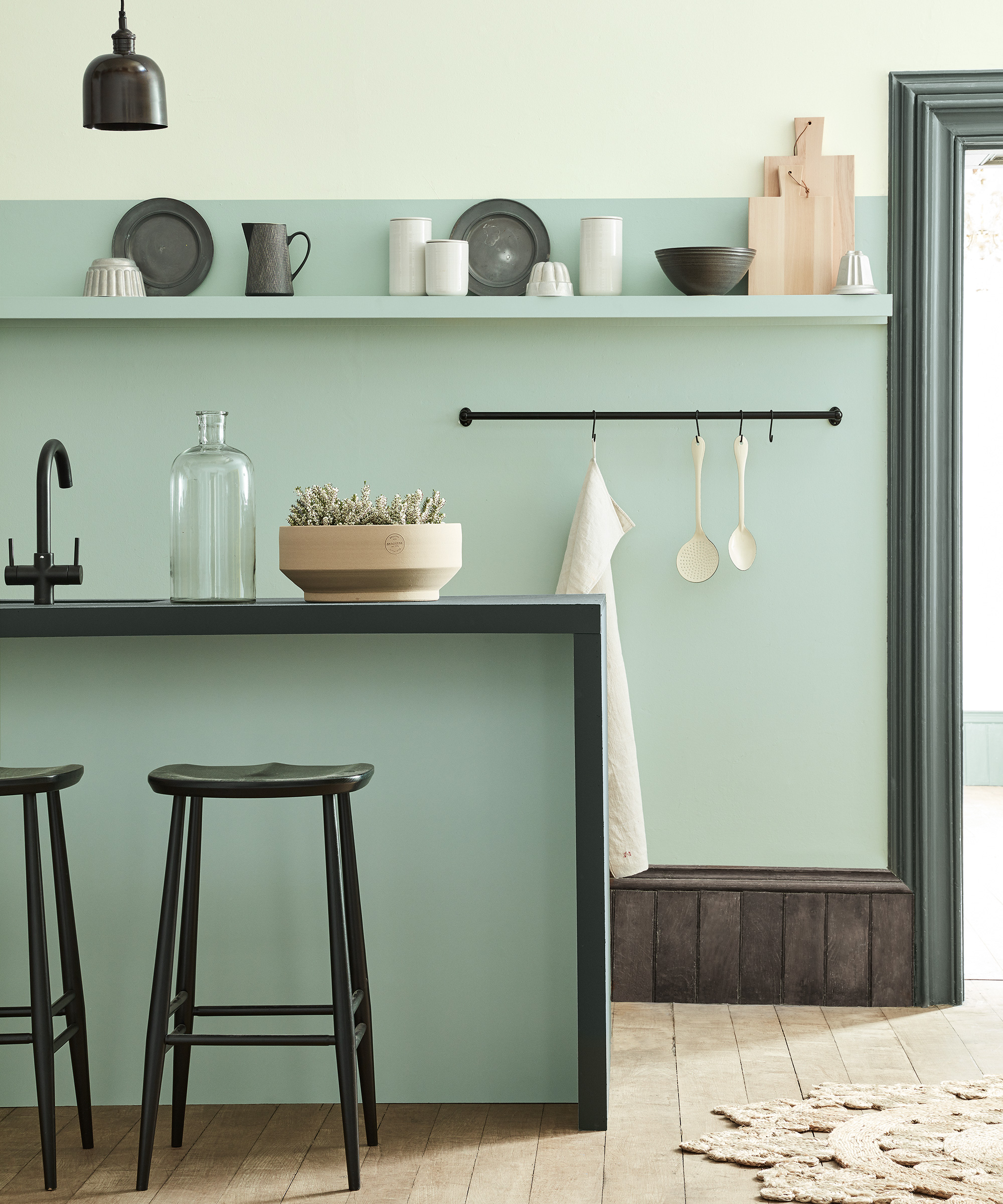
'Renovating a kitchen is not an overnight project; it requires time and careful planning,' says Krixelle Sant, real estate expert and the founder and CEO of Sell My House Fast For Cash. 'When setting a time frame for your renovation, it's important to be realistic and consider any potential delays that may arise. You may also need to make arrangements for alternative cooking and dining arrangements while your kitchen is being renovated.'
The best way to work out how long it will take is to create a detailed plan of everything, from demolition and construction to installation and finishing touches. Factor in contingencies and then speak to your contractors and/or kitchen designers to establish a realistic timeline.
You may also want to weigh up the pros and cons of living onsite during a renovation.
3. Sustainability
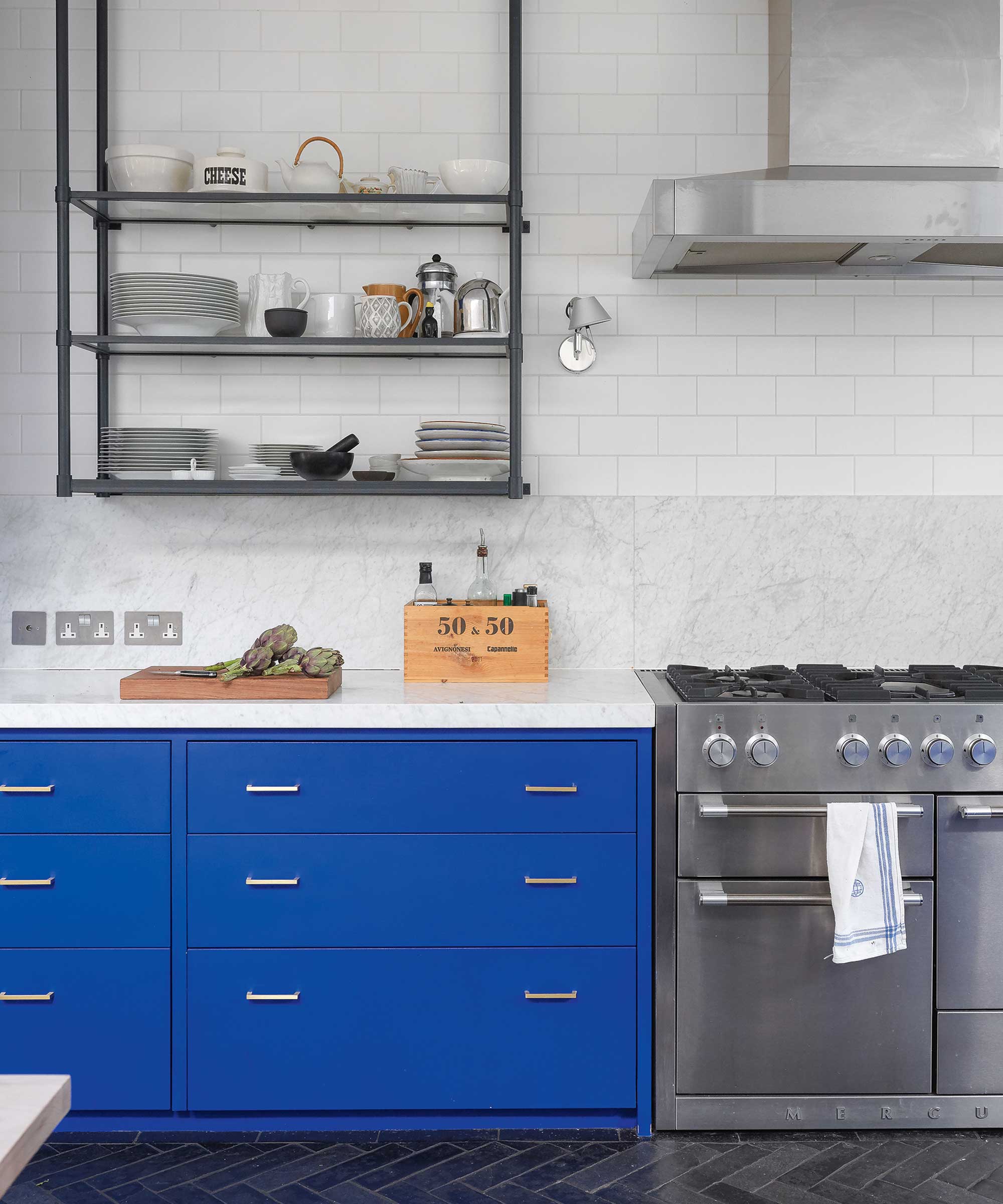
Choosing sustainable materials and energy-efficient appliances for your kitchen design is a great step toward being more sustainable at home. They can also save you money long-term by helping you cut energy bills and increase your home's ROI.
Keith Sant, Founder and CEO of Kind House Buyers advises: 'When renovating a kitchen, opt for sustainable and eco-friendly building materials like bamboo or reclaimed wood for cabinets and countertops. Choose energy-efficient appliances to reduce your carbon footprint and lower utility costs.
'Making other small changes such as using LED light bulbs and water-saving fixtures can also make a significant difference in promoting sustainability in your kitchen renovation.'
4. Longevity
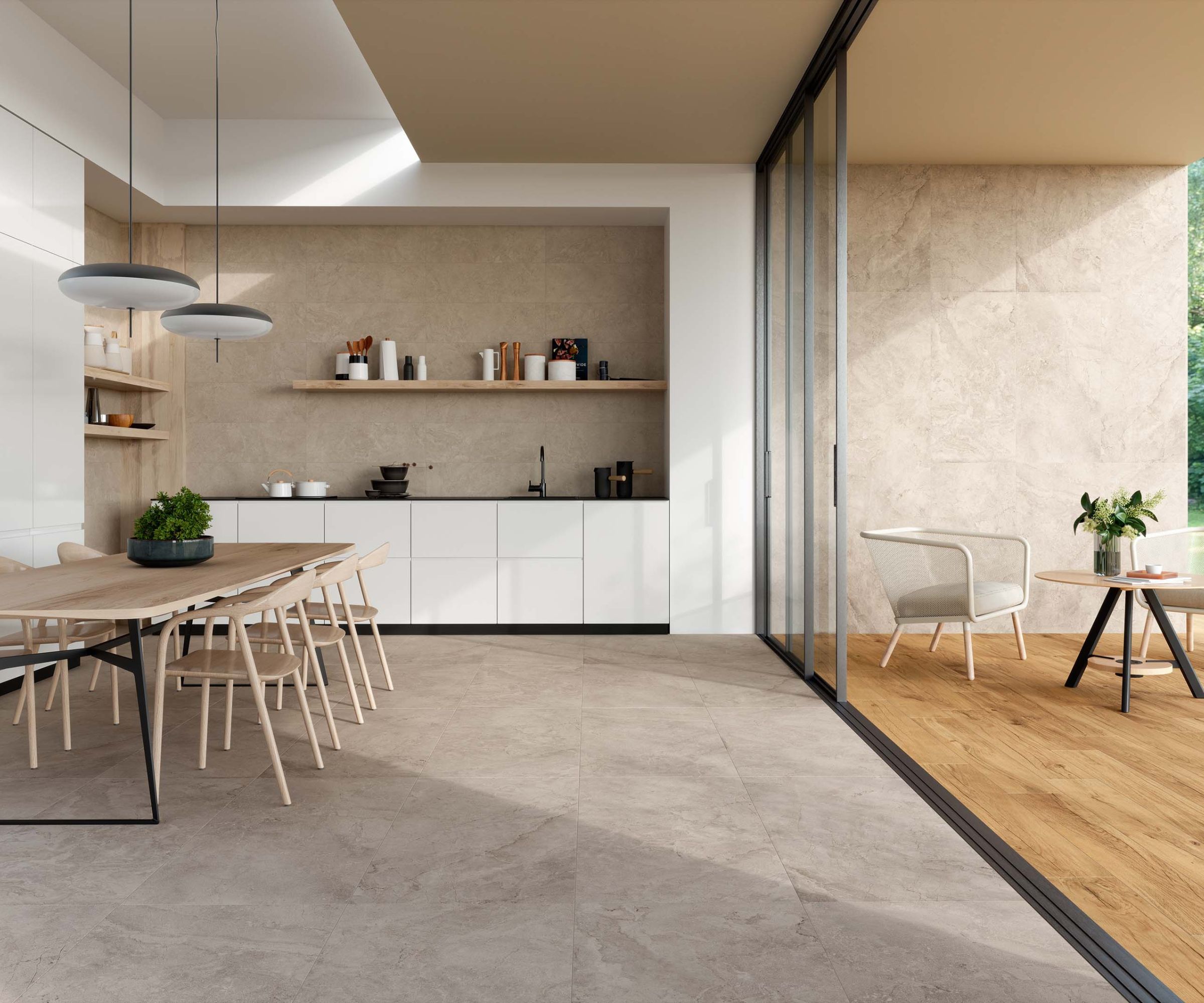
A kitchen renovation is a considerable investment, so it's essential to consider its longevity, future maintenance, and durability when choosing materials, finishes, appliances, and design choices.
Since the kitchen is one of the most heavily used areas in a home, choosing the best quality materials is important to ensure your kitchen survives the test of time. Opt for high-quality, durable materials for countertops, cabinets, and flooring. Pick those that can withstand daily wear and tear and are easy to clean and maintain in the long run. You should also invest in high-quality appliances with good warranties for added peace of mind.
Lastly, while kitchen trends can be tempting, consider longevity and timelessness when making design decisions. While it is okay to follow design trends for features that are easy to change, like paint color or kitchen handles, before making significant upgrades, ask yourself whether they will remain timeless or require frequent updates, potentially needing to be modernized by the time you're selling your home.
5. Measurements

When designing a kitchen, pay careful attention to measurements. This will allow you to optimize the space properly and ensure appliances are fitted correctly. It is also essential to take accurate measurements for plumbing and electrics and to ensure you have adequate clearances for opening cupboards and drawers.
These factors will collectively shape how the space is designed and used. For example, without careful measurements, you won't know if you have room for a kitchen island.
6. Contractors
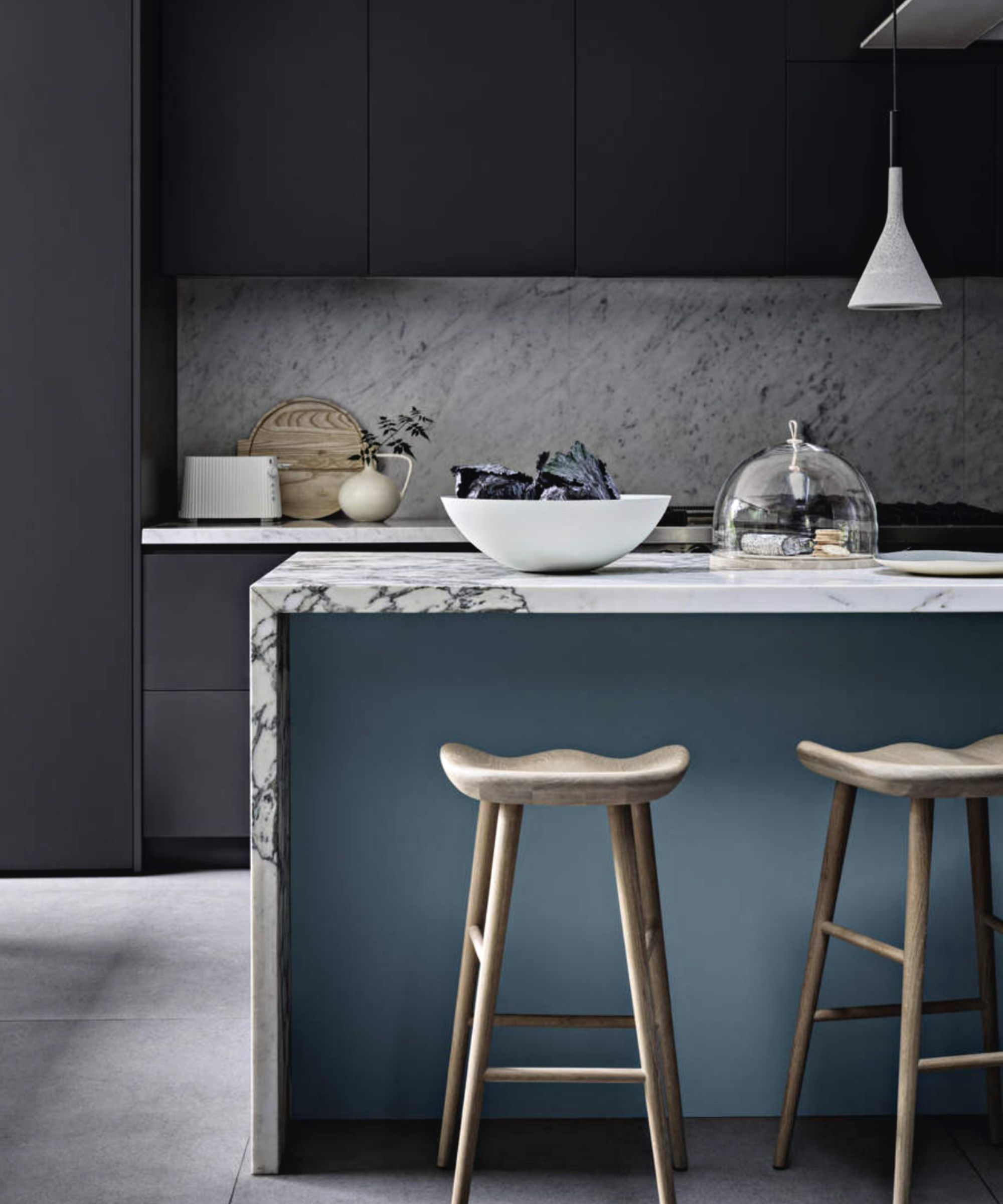
'Selecting a reputable and experienced contractor is key to a successful kitchen renovation,' advises Pavel Khaykin, Founder and CEO of Pavel Buys Houses. 'Take the time to research and gather recommendations from friends, family, or online reviews.
Choosing a professional with the necessary licenses, insurance, and experience in kitchen renovations is essential. So, schedule consultations with potential contractors to discuss your project and get quotes, and don't be afraid to compile a list of questions to ask a contractor before signing on the dotted line.
Finally, consider your cooking habits and how you use the space when designing a kitchen. This will help you to tailor the design to your specific needs. For instance, if you enjoy cooking, you may want to invest in a larger countertop or upgrade your appliances to make meal preparation more efficient. Analyze the layout and determine if it meets your needs in terms of functionality and workflow.







